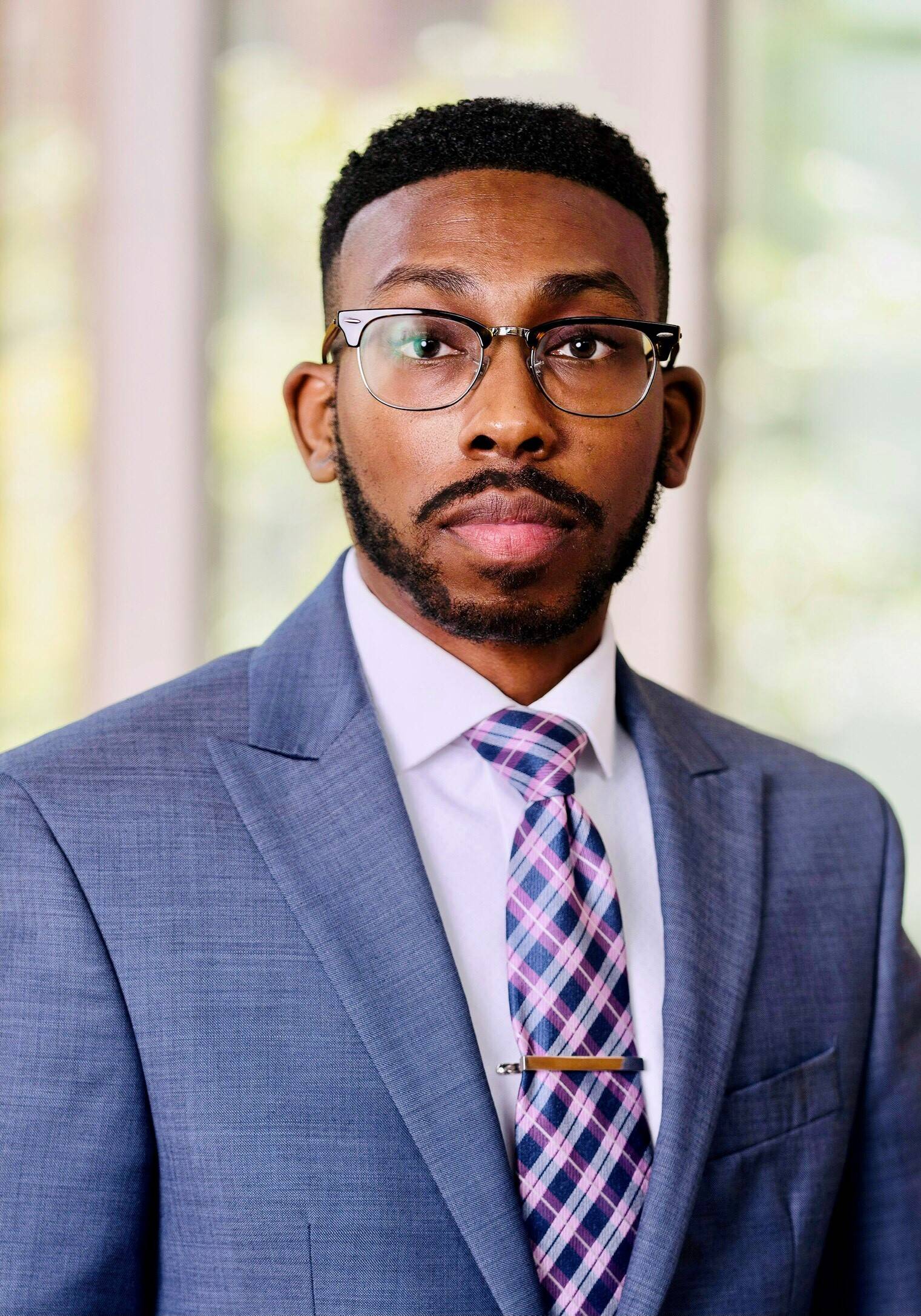Kory A. Robinson, EECE Alum
 Degrees
Degrees
Bachelors of Science in Electrical Engineering('11)
Bachelors of Science in Computer Engineering('11)
Master of Science in Electrical Engineering ('14)
Current Residence
Memphis, TN
Current Employer
Memphis Light, Gas and Water Division
What influenced your decision to attend Herff College of Engineering?
I chose Herff College of Engineering because of its focus on practical, hands-on learning
and robust industry connections. The program's emphasis on real world applications
and the chance to work closely with experienced faculty aligned perfectly with my
career goals and interests.
How did Herff prepare you for your career?
Herff provided me with a strong technical foundation, hands-on experience, and advanced
problem-solving skills through rigorous coursework, labs, and projects. The emphasis
on teamwork, communication, and project management was also crucial in preparing me
for a successful engineering career.
What skills or knowledge did you learn throughout the program that you found most
helpful in your career?
Throughout the program, I developed several key skills that have been invaluable in
my career. Problem solving skills allowed me to breakdown complex challenges into
manageable parts and find effective solutions. Project management skills taught me
to manage time, teamwork, and resources efficiently to meet deadlines and deliver
quality work. Clear communication helped me convey technical concepts to diverse
audiences, and adaptability enabled me to swiftly adjust to new technologies and methodologies
as appropriate.
Who was your most impactful professor? Why?
During my Physics II course with Dr. Robert Marchini, I was introduced to a unique
method of understanding electrical engineering concepts that has profoundly shaped
my approach to problem-solving. Dr. Marchini had an exceptional ability to draw parallels
between electrical engineering and other fields, particularly medicine. When we delved
into electrical circuit concepts, he stated that with the right perspective, we could
all think like physicians.
One of the most memorable aspects of his teaching was his comparison of electrical circuit components to parts of the human body.
For instance, he likened resistors to blood vessels, controlling the flow of electricity much like vessels regulate blood flow. Capacitors were akin to the heart, storing and releasing energy as needed, while inductors were compared to the lungs, managing the flow of magnetic fields as lungs do with air.
This analogy not only made the abstract concepts of electrical engineering more tangible
but also broadened my understanding of how interconnected different fields can be.
It encouraged me to think beyond the traditional boundaries of engineering and apply
a multidisciplinary approach to solving problems. Today, I find myself drawing connections
between seemingly unrelated fields, a skill that I attribute to Dr. Marchini's innovative
teaching methods. His influence has been instrumental in shaping the way I approach
challenges, making me a more versatile and creative problem solver.
Were you involved in student groups? If so, which one(s)?
As a student, I was involved in the National Society of Black Engineers (NSBE).
What support(s) did you have during your time as a college student? How did you keep
focused on the goal?
In college, I relied on academic support, mentorship, and campus resources to help
stay on track. Personal support from family and friends kept me balanced and motivated.
Effective time management, while maintaining a clear focus on short and long-term
goals helped me succeed throughout my collegiate journey.
What was your greatest memory from your time at Herff?
My most cherished memory from my time at Herff was receiving two B.S. degrees in Engineering
with honors on Mother's Day.
What advice would you give those considering enrolling in Herff College of Engineering?
I would strongly encourage prospective students to investigate job placement rates
and research companies that recruit from Herff to better understand possible career
opportunities. Also, connecting with alumni for firsthand insights on how Herff prepared
them for their careers would be a benefit as well.
What do you know now that you wish you had known during your time at Herff?
The importance of embracing challenges and failures as opportunities for growth rather
than setbacks. This perspective would have helped me navigate tough moments more effectively.
Recognizing that learning continues well beyond graduation is also crucial.
Was your Herff experience worth the price? If you could do it over again, what would
you do differently?
Absolutely. While my experience at Herff was valuable for its practical knowledge
and networking opportunities, if I could do it over, I would focus more on aligning
coursework with my specific career goals and seeking additional hands-on projects
for deeper application of concepts.

